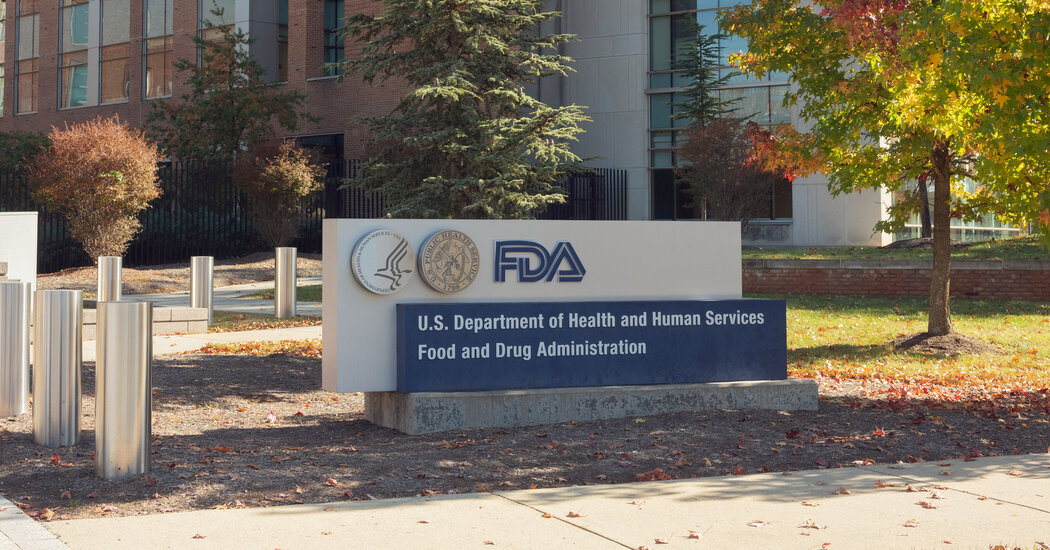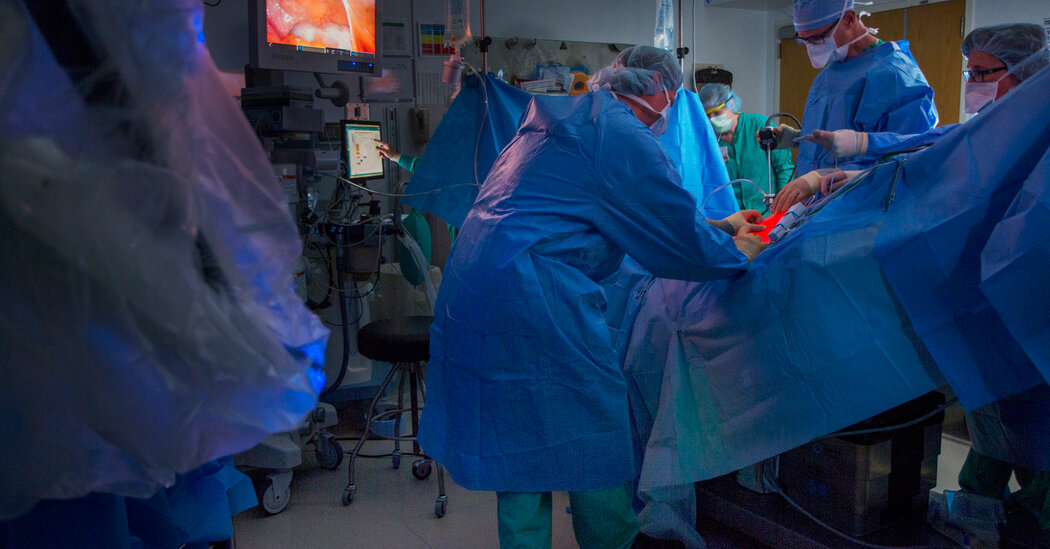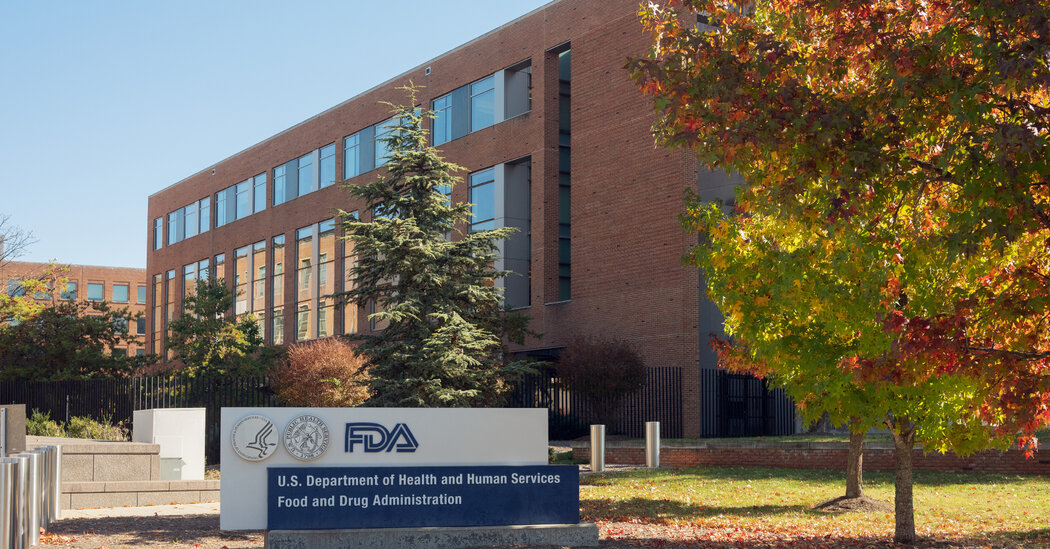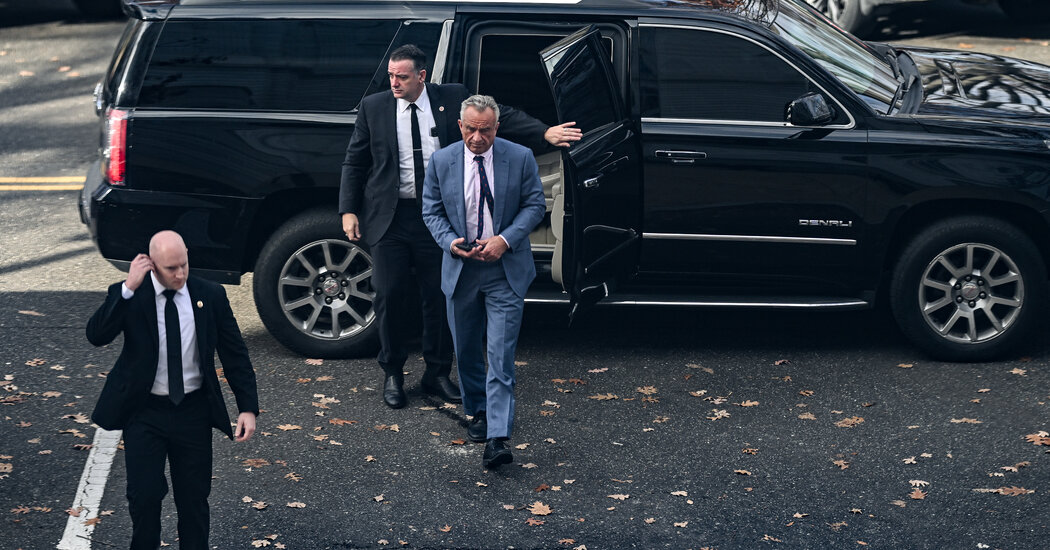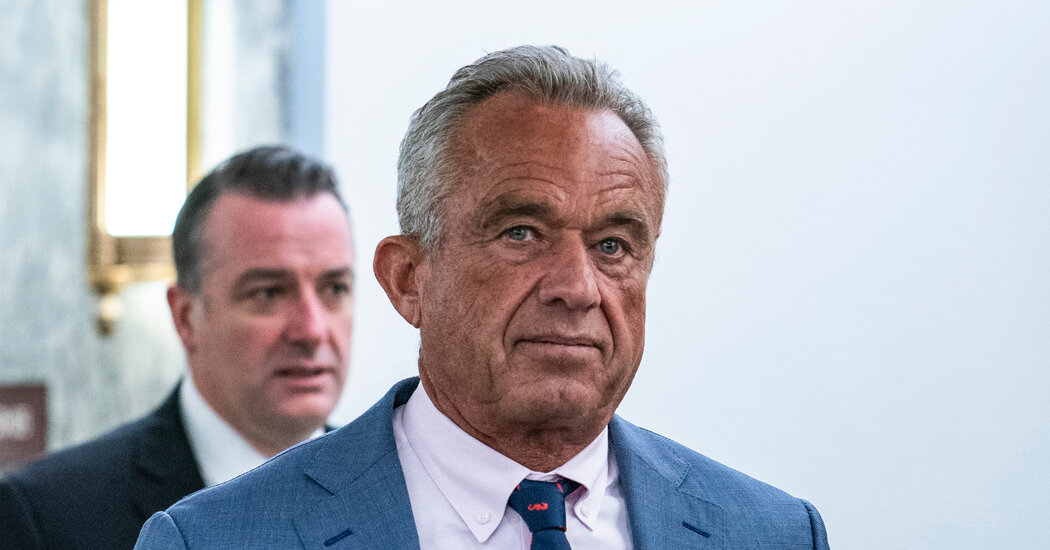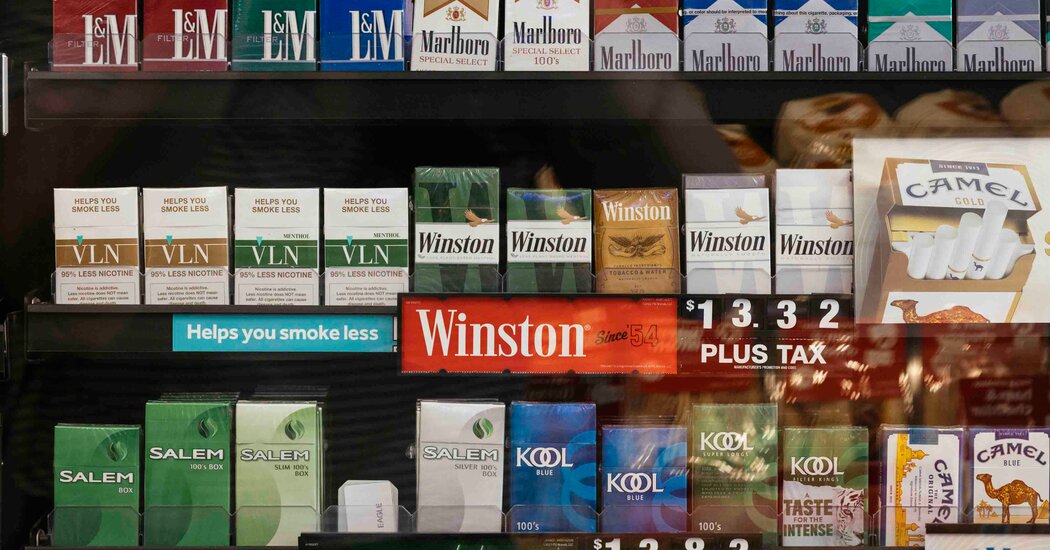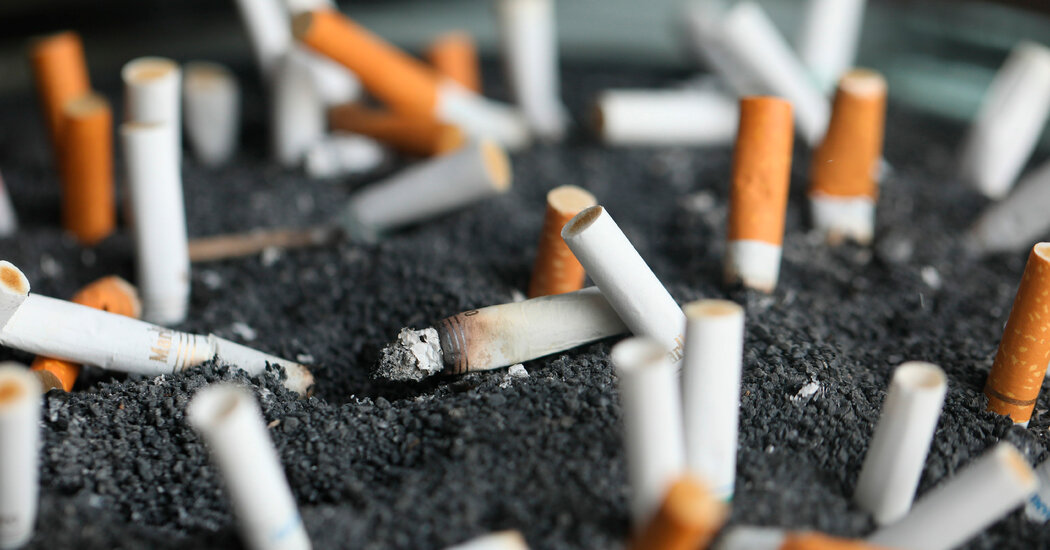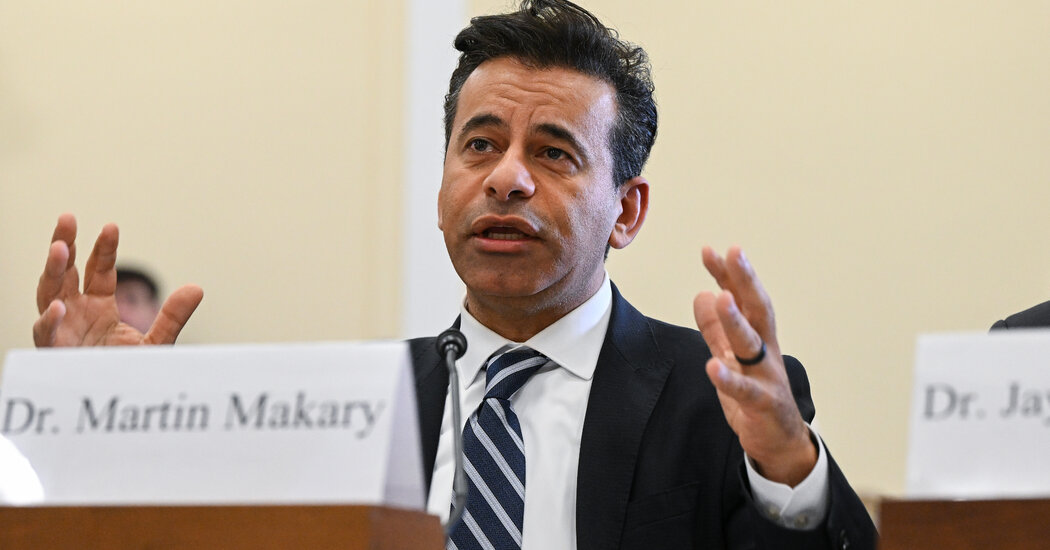F.D.A. Reinstates Fired Medical Device, Food and Legal Staffers
The Food and Drug Administration has reinstated dozens of specialized employees involved in food safety, review of medical devices and other areas who were laid off last week, according to more than a dozen workers who got called back.The total number of employees recalled was not immediately clear. But a person familiar with the conversations said nearly all of the roughly 180 medical division employees who had been let go would get their jobs back. More than a dozen workers across a handful of teams said that they had received a call or email reinstating their employment; some reported that up to a dozen others on their teams had also been brought back.The F.D.A. and its parent agency, the Department of Health and Human Services, did not respond to requests for comment.The workers had been fired as part of the Trump administration’s efforts, led by Elon Musk, to significantly downsize the federal government and cut costs. But the salaries of many of the fired F.D.A. staff members had been funded by fees companies pay the F.D.A., not taxpayer money.Many of the reinstated jobs were financed by those kinds of fees, but some such employees were still out of work. Those whose job were funded by an excise tax on cigarettes, for example, said they were not called back to work over the weekend. Those workers reviewed applications for new tobacco products and studied the safety of emerging tobacco products, including e-cigarettes and devices that heat up tobacco but do not burn it.On Friday, The New York Times featured the accounts of laid-off staff members who reviewed the safety of surgical robots, cardiovascular devices and diabetes-care systems that infuse insulin. All had their jobs back as of Monday morning.We are having trouble retrieving the article content.Please enable JavaScript in your browser settings.Thank you for your patience while we verify access. If you are in Reader mode please exit and log into your Times account, or subscribe for all of The Times.Thank you for your patience while we verify access.Already a subscriber? Log in.Want all of The Times? Subscribe.
Read more →
